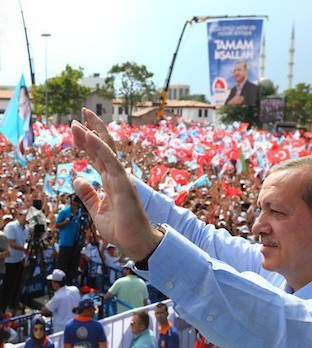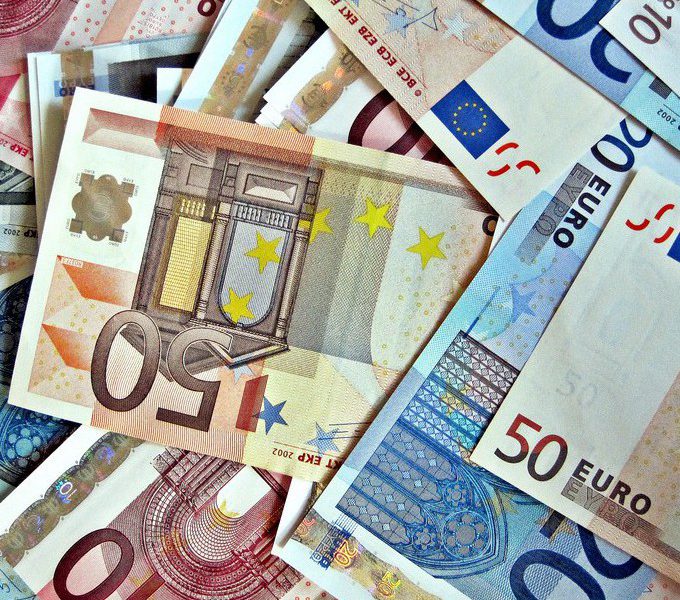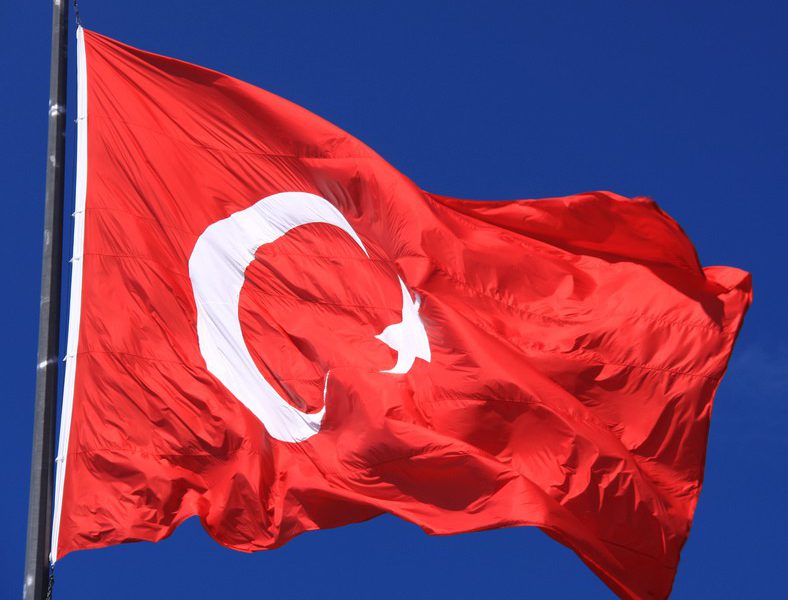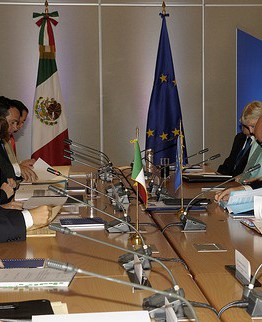Turkey’s history explains support for Erdogan
By Esra Taskiran
Imagine a party consecutively winning the last nine local and general elections since 2002. Imagine a feat that commands the attention of the entire world so as to become doctoral and master’s theses at numerous international universities. Without a doubt, this power originates from a strong reasoning, which is hidden in the recent history of Turkey.











